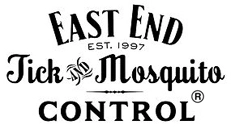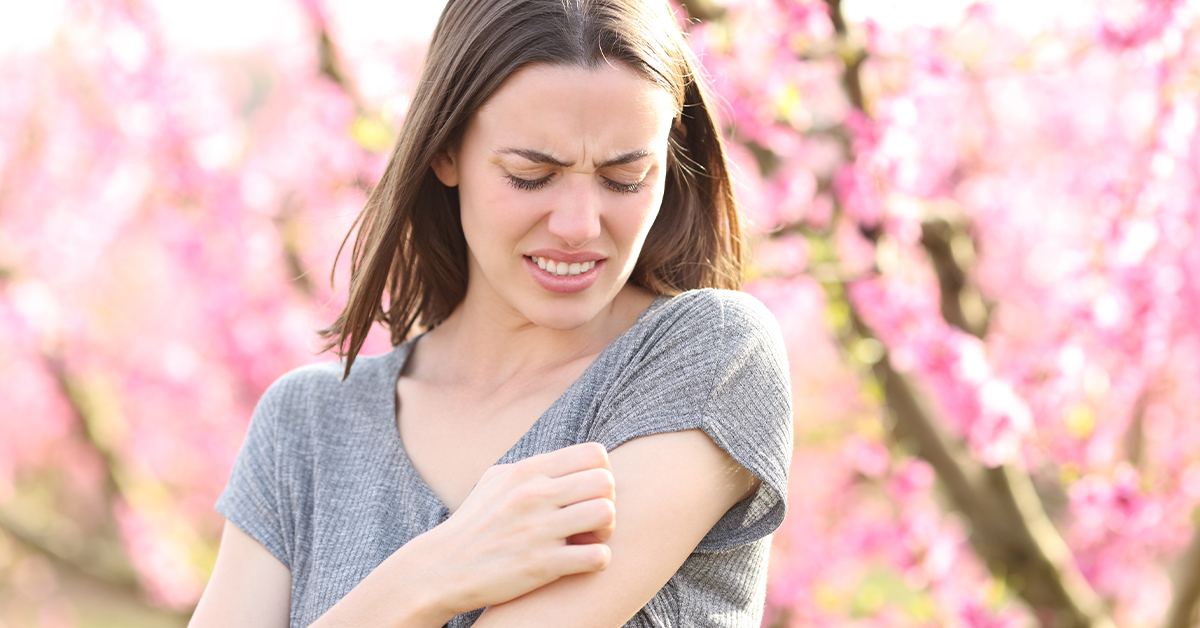It seems to happen overnight. The days get longer, temperatures rise, flowers burst into bloom, and then you hear the whining drone of a mosquito moments before you become its latest meal. You may not be expecting or prepared for them, but mosquitoes are predictable pests, always returning when conditions are ripe for their arrival.
What Time Of Year Should You Start Mosquito Spraying?
To know when mosquitoes will return (and when to spray for them), it’s essential to understand their life cycle and how they respond to temperatures and the changing seasons.
Mosquitos don’t fare well in cool or cold weather. They function most efficiently when temperatures are between 70 to 80 degrees Fahrenheit, become lethargic at 60 degrees F, and cannot function at temperatures below 50 degrees Fahrenheit. In New York, mosquito season lasts from April through October, but climate change will likely extend the season even longer in the coming years.
There are two main species of mosquitoes in this region, and both become problematic around the same time. The common house mosquito, culex pipiens, emerges from hibernation when temperatures consistently reach 50 degrees Fahrenheit. The Asian tiger mosquito, aedes albopictus, often doesn’t survive winter temperatures. Still, the eggs they lay in late fall hatch at roughly the same point on the thermometer when their culex cousins emerge.
The best time of year to start spraying for mosquitoes is right before the season begins. It is more efficient to attack emerging and larval mosquitoes than trying to get rid of fully developed, fully functioning adult mosquitoes. If you miss this window, the fight will be a bit more complicated, but homeowners cannot ignore the battle.
When Is The Best Time Of Day To Spray For Mosquitoes?
The best time to spray for mosquitoes is when they are most active. Spraying is most effective when they feed, at dusk and dawn. This isn’t always practical, though, especially if you engage the services of a professional mosquito control company. They will visit your property during daytime hours, considering the differential between the time of treatment and peak mosquito activity.
Should I Mow Before A Mosquito Spraying?
Mow your grass a day or two before having your yard sprayed. This will discourage crucial pollinators like bees and butterflies from being in your yard and protect them from anti-mosquito treatments. Shorter grass provides less cover for mosquitoes and other unwanted pests, so it’s sensible to keep it trimmed regularly anyway.
Should I Wait Until After It Rains To Spray For Mosquitoes?
Mosquito sprays and foggers target flying insects, so rain does not necessarily affect spray treatments. Other mosquito treatments are usually oil-based and water-insoluble, so they will not wash away in the rain. It is wise to give these some time to bond to surfaces and foliage before exposing them to rain, lawn sprinklers, or other water sources. Your mosquito control professional will provide detailed instructions on how long you should wait before allowing a specific treatment to get wet.
We Are Your Mosquito Control Expert
One of the best things you can do to defend your family, pets, and property from this pest is getting a mosquito yard spray treatment from East End Tick & Mosquito Control®. If you wish to schedule a preventative yard spray, give our experts a call today. We have been Eastern Suffolk’s most trusted name in tick and mosquito control for 25 years. If you live near Southampton, please call (631) 287-9700. If you are closer to East Hampton, please call (631) 324-9700. And if you reside near Southold, please call (631) 765-9700. You can always email us as well. We look forward to hearing from you!


